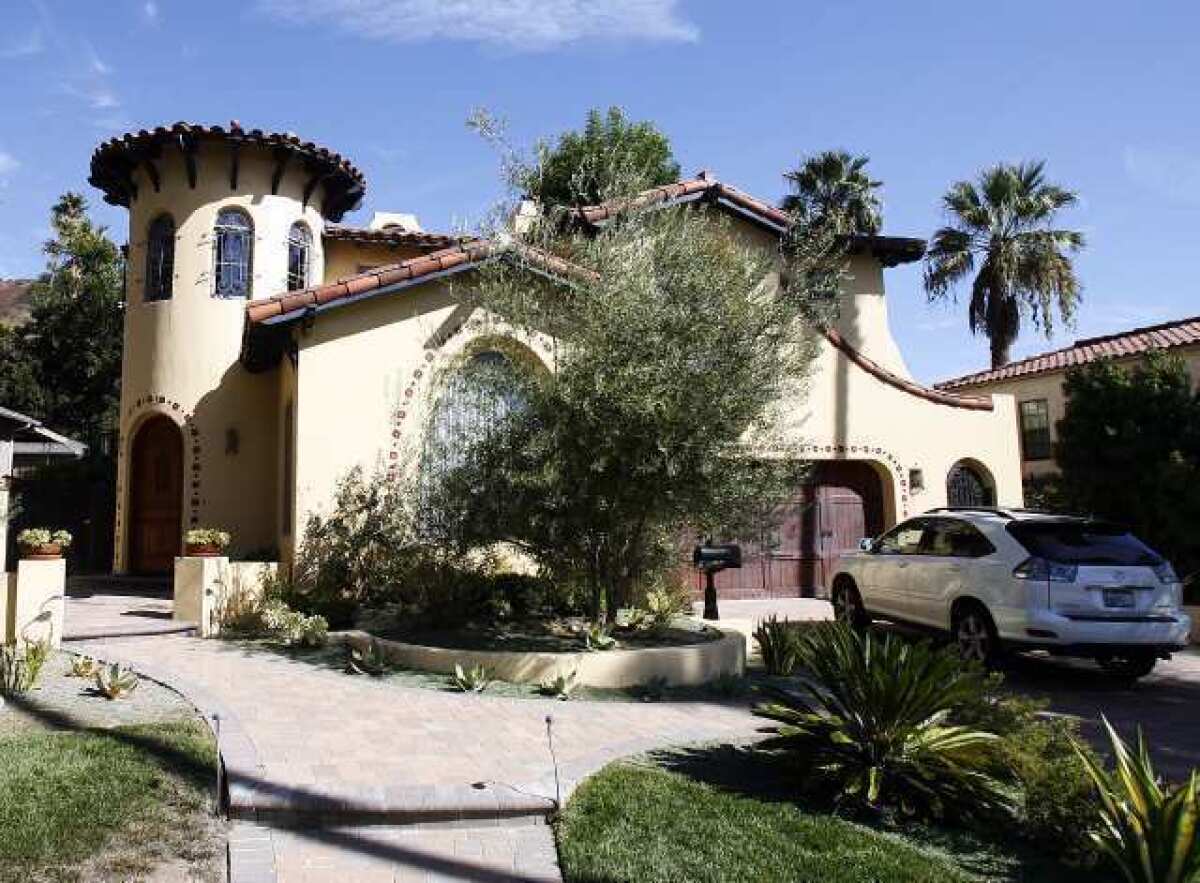Glendale weighs ‘historic’ power

Glendale could soon assume the power to deem a home as historic without the owner’s consent under new regulations being reviewed at City Hall. The move would restrict how, or if, a homeowner can alter, repair, or otherwise change the structure.
The power to add a property to the Glendale historic registry without homeowner consent is included in a set of proposed changes to the city’s regulations that were glossed over on Tuesday before being introduced as an ordinance. The changes will come back for a final vote next week, when officials likely will discuss the provision in greater detail.
Being on the historic register allows property owners to apply for tax breaks, parking incentives and other benefits. But alterations, repairs and demolition of homes on the register must be approved by city officials.
Mayor Frank Quintero, who stepped out of the meeting briefly Tuesday, said afterward that he’d have to weigh the change carefully before voting next week.
“We’re going to have to make a major decision whether we’re going to follow through with that provision,” Quintero said.
Under the current terms of the proposal, the City Council would need a supermajority of four members to add a property to the historic registry without an owner’s consent. Officials contend the provision is meant to be a last resort to protect a property of critical importance to the city from being demolished.
“It is expected that this will be rarely, if ever, invoked, but its addition provides an option that does not currently exist,” according to a city report.
And “properties” don’t have to be homes. A tree and a clock tower are among the 94 properties currently on Glendale’s historic register.
Historic preservation has long been a hot topic in Glendale, where neighborhood after neighborhood has in recent years taken advantage of the City Council’s decision to lower the threshold to apply for historic district status. In the past year alone, the council has unanimously approved two new districts, bringing Glendale’s total to five.
Historic districts typically include multiple properties, while individual property owners can apply to be on the city’s register of historic homes.
Greg Grammer, president of the Glendale Historical Society, said in an email Tuesday that the advocacy group strongly supports allowing the council to designate a historic structure without the owner’s consent.
“The provision that gives the City Council the option to designate a structure as a historic landmark without owner consent is an important tool in preventing the unwanted demolition of architecturally significant buildings,” Grammer said.
Neighboring Pasadena, which also places a premium on historic preservation, does not have an owner’s consent clause, but the City Council there “generally does not landmark a building without owner’s consent,” principal city planner Leon White said in an email.
In addition to allowing the council to designate a historic property, several other historic preservation rules could be changed. The changes include clarifying when a property owner needs a city official to review and OK repairs, as well as aligning criteria used to designate a property with state and national guidelines.
Follow Brittany Levine on Google+ or Twitter @brittanylevine.